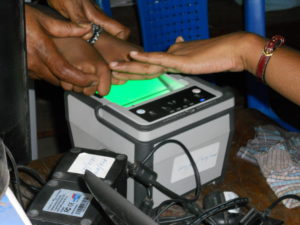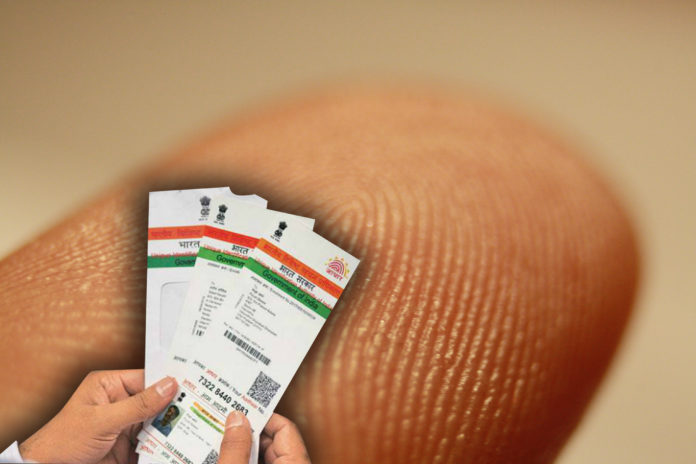Last week – perhaps we should say last year – BJP MP Sushil Kumar Singh spoke in the Lok Sabha about how elderly are being harrassed over Aadhar biometrics. His own mother, he told the House was refused a sim card because her fingerprints would not match the ones in the database.

Fingerprint is basically the impression left by the friction ridges on the tips of the fingers on the palm side. Not just Aadhar, a range of gadgets now come with fingerprint unlocking technology. Trouble is, the print does change in some circumstances. It is a known fact that fingerprints alter with age – in some cases if the person has done a lot of work with those hands, they may disappear altogether. According to a thesis on “Ageing effects of Fingerprints recognition” submitted to the University of Salzburg in January 2016, ageing has the following four effects on fingerprints.
- Fine wrinkle tend to appear in the skin ridge structure.
- The skin gets thinner and more transparent for older people compared to younger ones
- Loss of fat below the first level skin layer, reducing the firmness of the skin
- Losing osseous matter reduces the elastic behavior, which is also effected by the aforementioned loss of fat.
The additive effect of all this may be such dramatic changes in fingerprint as to challenge the very basis of those prints as an effective biometric identification tool.
There are also some conditions such as Marfan Syndrome – a congenital disorder of the connective tissue which some experts argue had among its most famous patients, Abraham Lincoln. Lincoln may or may not have suffered from it but patients of Marfan lose their fingerprints after some years – way earlier than others. One in 5000-10000 people are said to suffer from the disease which is caused by a faulty gene.
A condition called acral erythma when the skin of hands and feet start peeling off could also result in changes in fingerprints. It is a common side-effect of chemotherapy and can be reversed if the offending drug is withdrawn. Some years ago, in a letter in the Annals of Oncology, doctors from Singapire described the case of a man from Singapore who, when he travelled to the United States, found that he had no fingerprints. He had been undergoing chemotherapy for head and neck cancer.
Even something as commonplace as dermatitis or eczema could alter fingerprints, sometimes beyond recognition.


